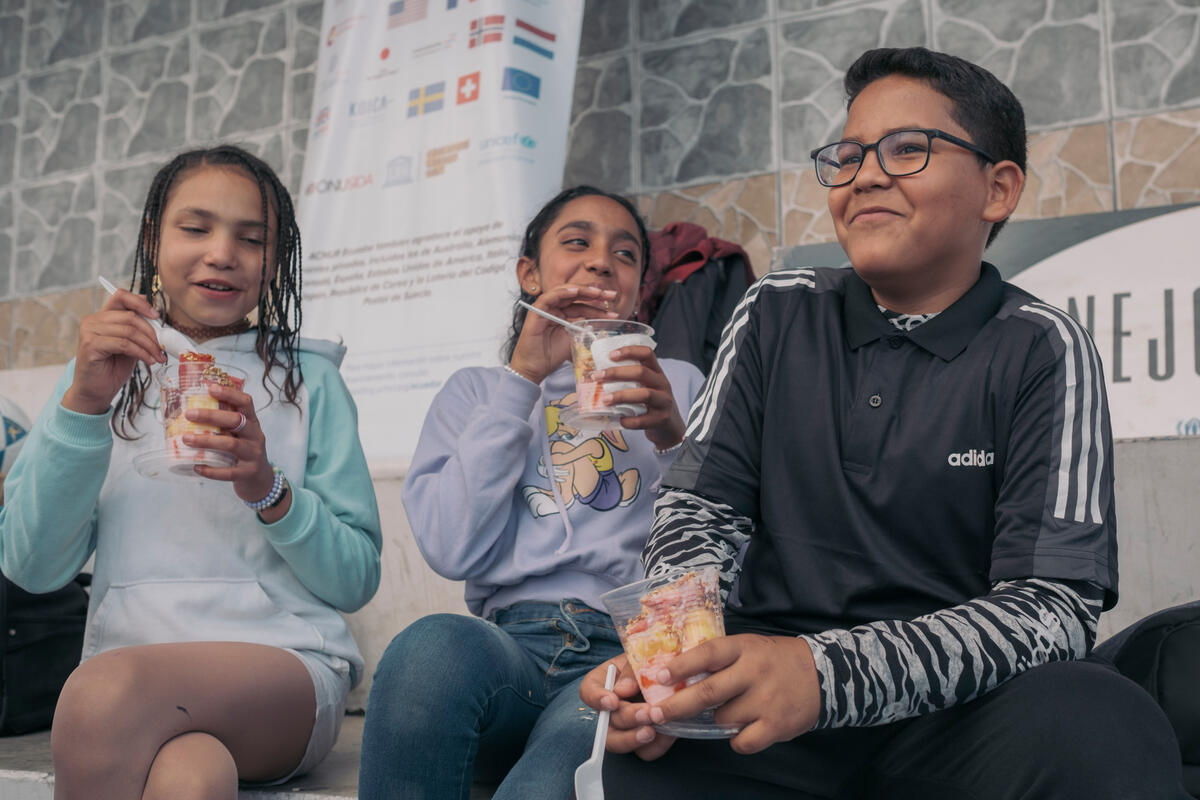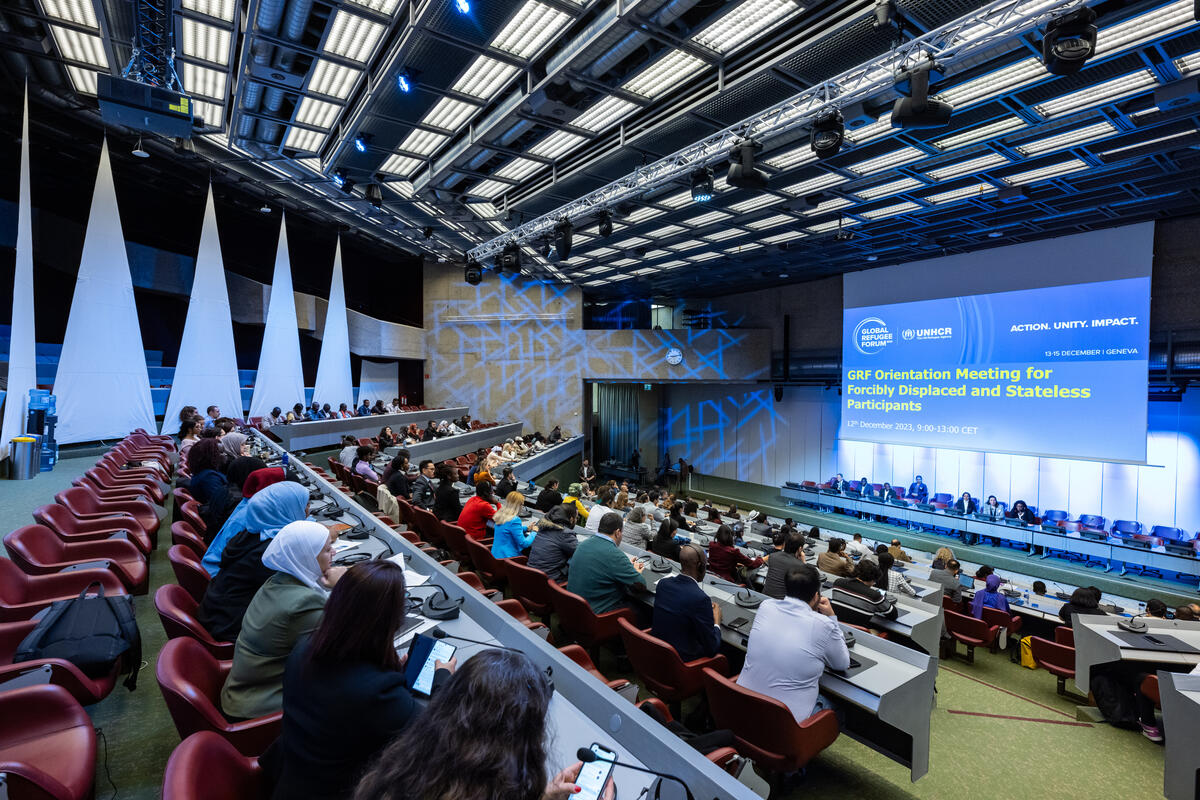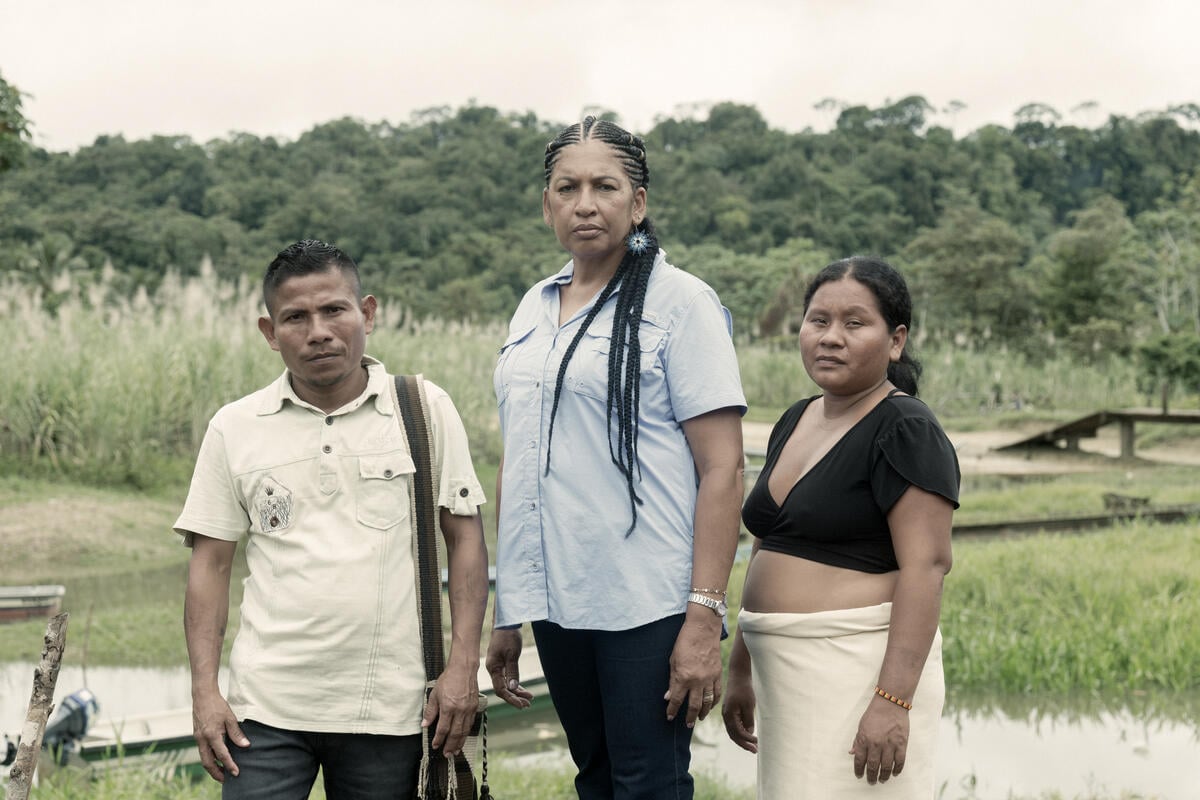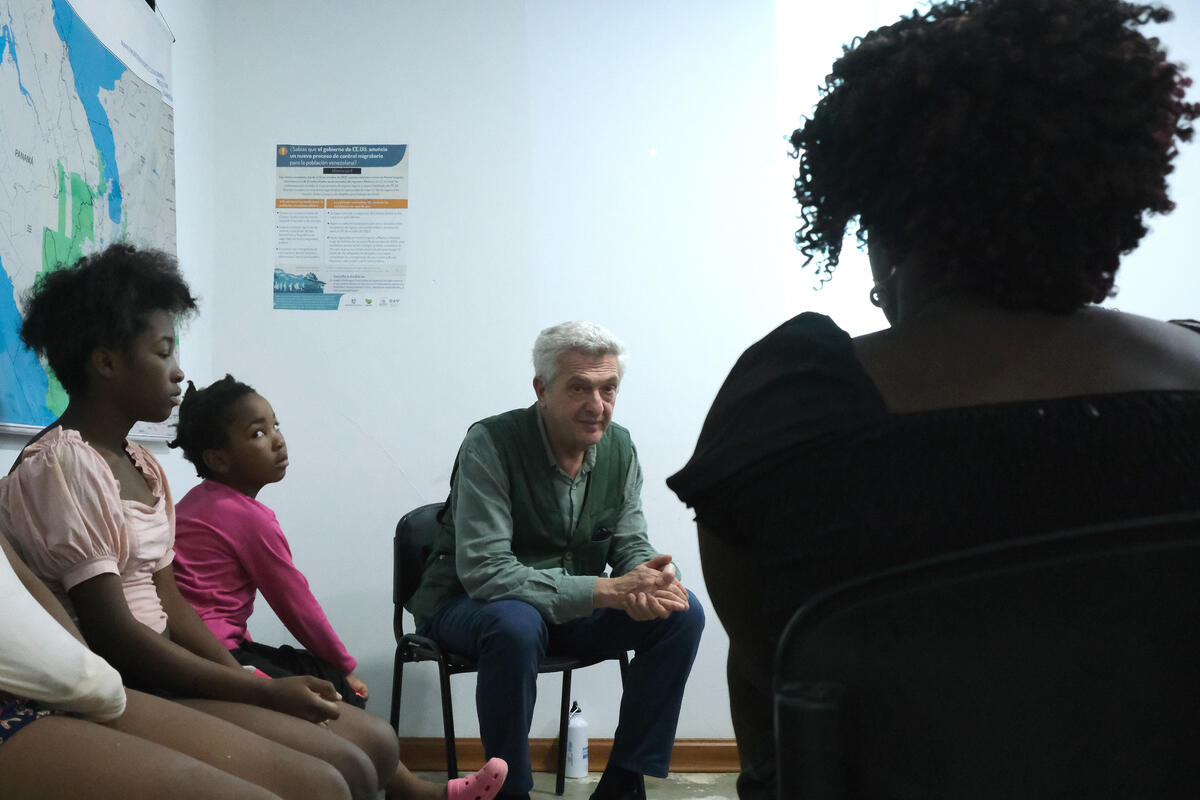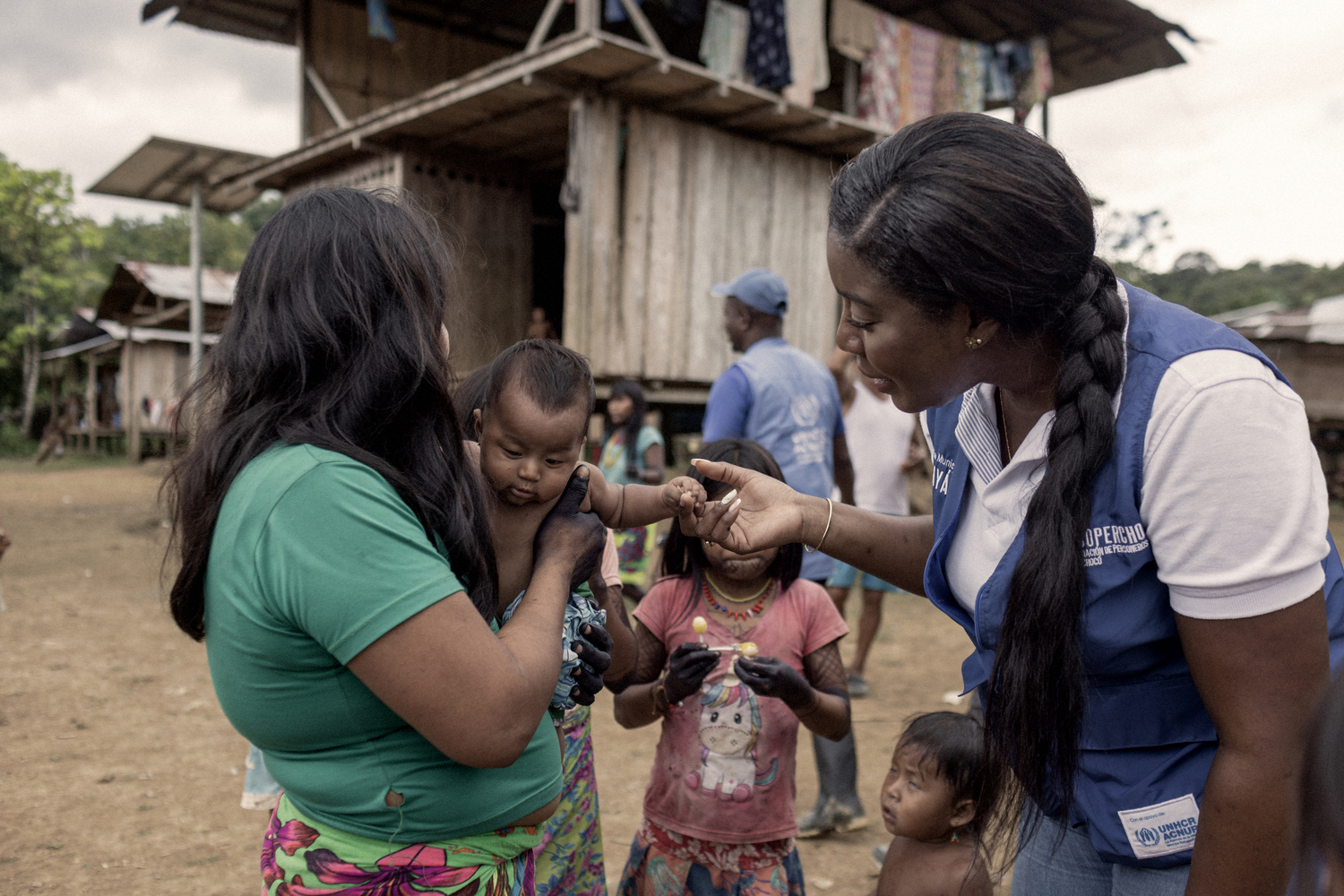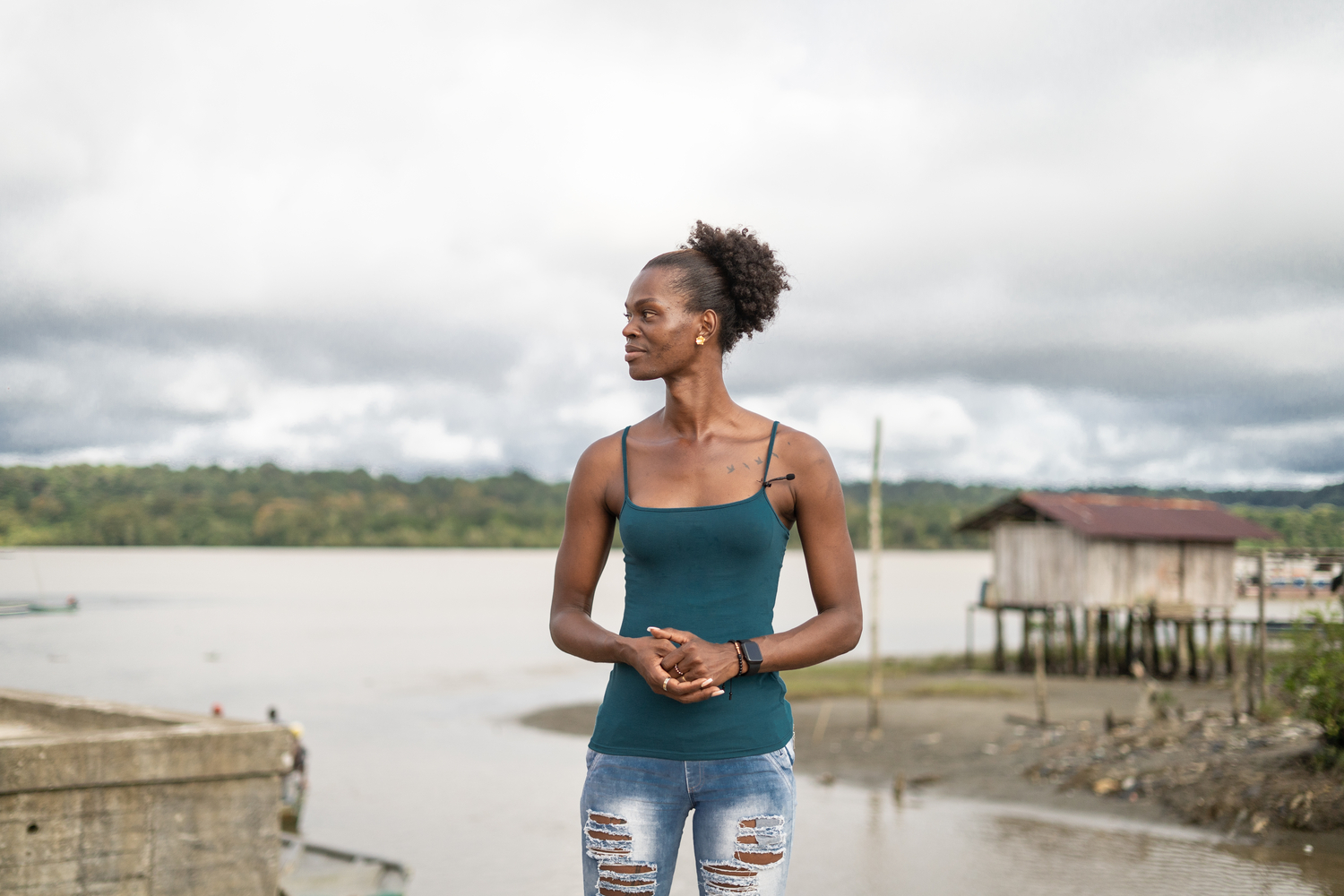Assistant High Commissioner in Ecuador
Assistant High Commissioner in Ecuador
UNHCR Assistant High Commissioner Kamel Morjane is in Ecuador, the second part of a weeklong mission that began in neighbouring Colombia last Saturday. He will return to Geneva next week and will be here in Salle III to brief you on Wednesday afternoon, Feb. 4, at 1530 hours. Mr. Morjane arrived in Quito on Wednesday. Since January 2000, Ecuador has received more than 21,000 asylum seekers and has granted refugee status to almost 7,000 individuals, mostly from Colombia.
After visiting the Office for Refugees of the Ministry of Foreign Affairs, where the refugee eligibility process, as well as the registration and ID procedures take place, Mr. Morjane met with the Ecuadorian Foreign Affairs Minister, Patricio Zuquilanda. Mr. Morjane thanked Ecuador for its tradition of hospitality to refugees and urged the minister to continue to receive Colombian refugees in the same humanitarian spirit. He also stressed the need to distinguish between people with genuine protection concerns from people engaged in illegal activities. He assured the minister of UNHCR's continued support to Ecuador in the task of providing protection and assistance to refugees.
Yesterday morning (29 January), Mr. Morjane met with representatives of the Ecuadorian Bishops' Conference, which has been UNHCR's main partner in Ecuador since 1976. He then visited the premises of the Bishop's Conference Comité Pro-refugiados (Committee for Refugees) - the largest refugee and asylum seeker reception centre in the country. During this visit, he was able to meet Colombian asylum seekers as they waited to be interviewed.
Later yesterday, Mr. Morjane travelled to Lago Agrio, in the northern province of Sucumbíos close to the Colombian border. In Lago Agrio, he said he was struck by the seriousness of the plight of Colombian refugees, but was heartened to see a number of small-scale activities that are benefiting both refugees and local residents. These activities include a women's initiative to produce fruit jam and preserves for the local market, a project that supports community health promoters and organic home farming initiatives. The Assistant High Commissioner said he hopes that such activities will be continued and enhanced in order to promote the integration of refugees in the receiving communities.

